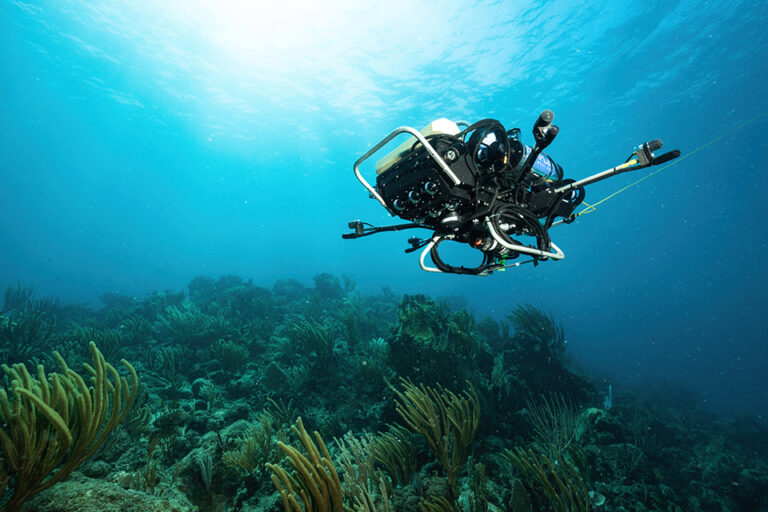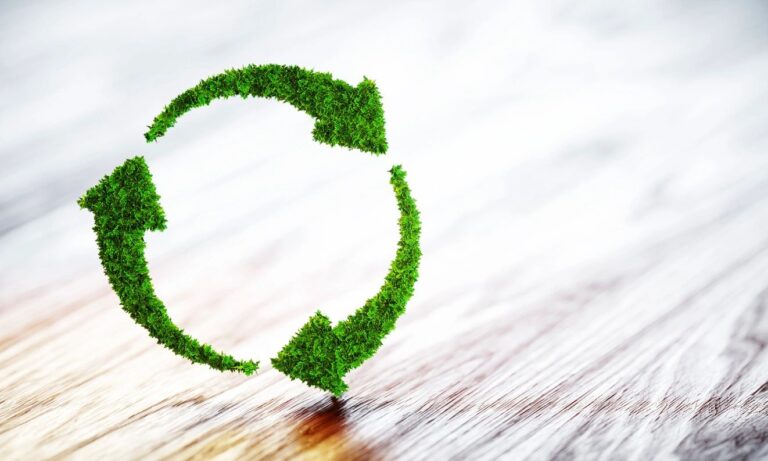Addressing the Global Water Crisis: The Imperative of Upcoming Global Water Week
The confluence of causes such as climate change, population increase, urbanization, and pollution is putting water, the essence of life, under unprecedented jeopardy. The importance of addressing the worldwide water situation has never been greater, which is why the upcoming worldwide Water Week is so important. In a world where over 2.2 billion people lack access to safe drinking water and ecosystems are being pushed to their breaking points, this event provides a once-in-a-lifetime chance for stakeholders from various sectors to come together and design a sustainable future course.
The Current Water Landscape
As we approach a water catastrophe, it is critical to understand the various difficulties that highlight the importance of the approaching Global Water Week. Climate change has changed precipitation patterns, causing droughts in some areas while causing excessive rainfall and flooding in others. This not only has an impact on agricultural and residential water availability, but it also damages key infrastructure and displaces communities.
Furthermore, the exponential growth of metropolitan areas puts current water supplies and sanitation systems under strain, putting a demand on governments and municipal organizations to deliver necessary services. Pollution from industrial discharges, agricultural runoff, and inappropriate waste disposal contaminates water bodies, making them unsuitable for consumption and endangering aquatic life.
The Need for Collective Action
The need for concerted action has never been greater. The forthcoming Global Water Week will bring together governments, non-governmental organizations (NGOs), academics, corporate sector participants, and communities to promote collaboration, innovation, and knowledge exchange. The event can stimulate transformative change and help stakeholders to explore holistic solutions to water-related concerns by breaking down silos and fostering cross-sectoral conversation.
Key Themes and Objectives
Global Water Week will cover a variety of topics, including:
- Water Security and Resilience: The discussions will focus on ways for ensuring water security in the face of changing climatic conditions. Building community resilience and infrastructure will be a priority.
- Water and Ecosystems: The interconnectivity of water resources and ecosystems will be investigated, highlighting the importance of long-term management strategies that benefit both humans and environment.
- Technology and Innovation: The event will highlight cutting-edge technologies and new approaches that have the potential to transform water management, treatment, and conservation.
- Governance and Policy: A discussion forum for policy frameworks and governance structures that can aid in efficient water management at the local, national, and international levels.
The Road Ahead
Global Water Week is more than just a gathering of professionals; it is a rallying cry. It emphasizes the critical nature of the water problem and compels all stakeholders to accept responsibility for their role in securing water security. This event encourages governments to invest in water infrastructure, businesses to adopt sustainable practices, communities to embrace conservation measures, and researchers to discover novel solutions.
The outcomes of Global Water Week have the ability to define the course for global water management for the next several years. Collaboration can result in the implementation of policies that conserve water resources, enhance sanitation, and protect ecosystems. It can also stimulate technological advancements that improve water treatment efficiency and ensure everyone has access to safe drinking water.
Conclusion
The next Global Water Week is more than just a conference; it is a rallying point for global solidarity in the face of a vital global crisis. As the globe struggles with the water crisis, this event serves as a light of hope, reminding us that by working together, we can overcome even the most difficult obstacles. We can ensure a water-secure future for future generations via shared knowledge, new solutions, and community action.





